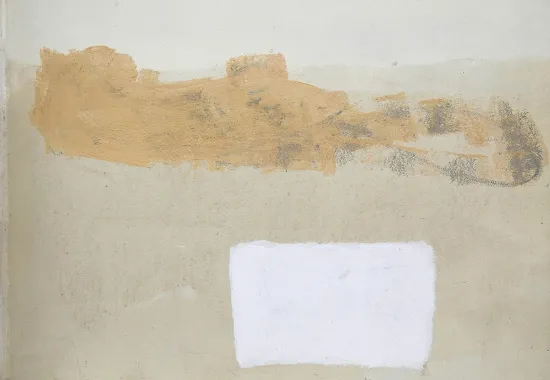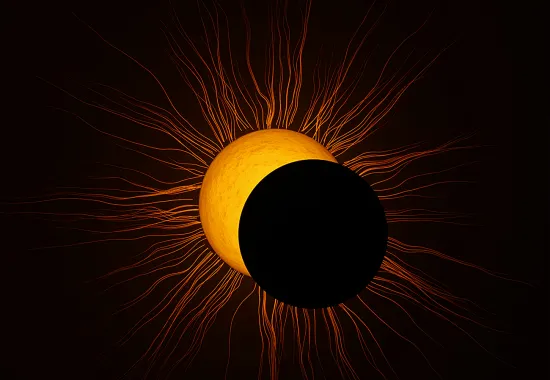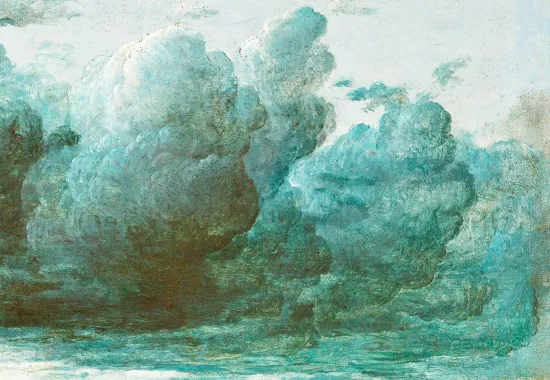Liner Notes from the Green Room: A Report from the inside of the Best American Poetry 2014 Release Reading, the New School NYC
In the early A.M of Thursday September 18, I drove seven hours from the small working class city where I survive working in a pool hall and traveling for gigs, taking care of my toothless and slowly dying girlfriend and three kids, where I play pool and scribble and try to make some sense of this difficult life, I drove seven hours through the small towns and mountains of southwestern New York towards the apex of the Empire State (and the Imperial Empire of the United States of America) to read for the release of the 2014 issue of Best American Poetry edited by recently inaugurated McArthur fellow Terrance Hayes.
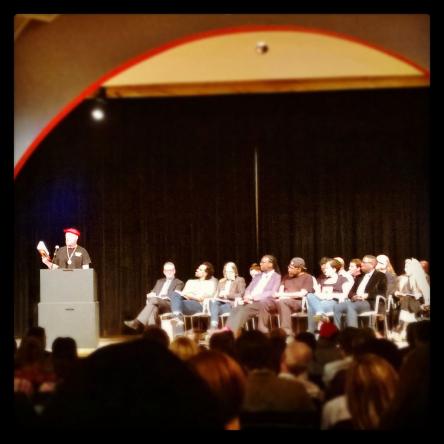
When I was first asked to participate in the reading, I said I wasn’t going to go—I’m notorious for turning things down. Turning down readings (too far, not enough money), turning down dates (too tired), and turning down jobs (why work when I can die alone and working the nightshift at the CITGO station?). I turned the car around the night before I was going to leave and drove home. I played in a nine ball tournament that I missed making the finals for by one bad roll (is this a metaphor for my life?). But I was scheduled to visit my friend Jeffrey McDaniel’s class at Sarah Lawrence College the next day before the BAP reading, so out of a seldom provoked sense of obligation, I woke up at 4 AM, snuck out of the house without waking anyone and drove. And drove and drove.
You know the punk rock in me wants to say it was all shit anyways, everyone was a stuck-up and poetry is run by mean people. But that really isn’t the case. Everyone at the reading was quite kind. There was even tequila in the green room. The series editor David Lehman was exceptionally sweet. I think the reason I decided to go most is so many of my poet friends were such dicks when I got my poem accepted, “Well I’ll never get into Best American.” I have so many great writer friends. They are the epitome of crabs in a bucket. Their bitter nonsense, and all of them with jobs and books. What more do they want? And the ones who I’d known longest were the worst to me.
On the night of the release, all of the BAP poets arrived at the New School auditorium, passing the security guard, ushered into the Poetry Event, where I saw my old friend Patrick Rosal as soon as I walked in—Patrick, who I first read with over 15 fifteen years ago when we were both just out of graduate school, and he would later tell us in his amazing poem, “and because you cannot make the pace of the one whom you love/ your own, and because you cannot make the pain of the one you love/ your own pain, your separate ache must meet somewhere.” He introduced me to Ross Gay who, during his reading would pass out fresh figs to the audience and other readers before reading his “Ode to the Fig Tree on 9th and Christina.” The group of us were lead to a tiny closet of a room called The Green Room where we were to wait to go on stage. Pressed into a tiny space, I immediately saw my poetry crush the powerful Belarusian poet Valzyna Mort, who I had met and hung out with one night years ago. She remembered me and said “that little laugh of yours” which made the room feel friendly and safe.
This year was remarkable for a number of reasons, particularly the gender and racial diversity of both the issue and the readers, and also because I was actually friends or acquaintances with quite a few of the poets. Most often the case in such awards I personally know no one. Do you know what I mean? It provokes that nauseous feeling like reading the awards in Poets & Writers and asking who are all these people? It is a common sensation for those of us on the outside of the MFA professor world, the world of big grants and fellowships and teaching gigs. But there was the wonderful Shara McCullum, professor at Bucknell and there was Eileen Myles who I voted for once for President. There was the former poet laureate of Brooklyn, D Nurske, a quietly beautiful poet I’ve loved for a long time. There was the grand dame of American poetry Lucie Brock Broido. But there was Le Hinton, a poet from Southern PA, not very well known, who I met when I gave a talk at Elizabethtown College. There was the ecstatic performance poet Jon Sands and my old friend Joel Dias Porter who now makes his living playing poker. The room wasn’t just the usual suspects.
And as an outsider who lives in no place no one would classify as literary, that mostly through hard work, lots of performing, and a bit of luck, I have somehow over the years managed to remain in the conversation at least. I always tell people this. If you work hard and don’t die, eventually someone will hear you. Then I saw Cornelius Eady and Yusef Komuyakaa standing three feet from me and I honestly thought I was going to pee myself.
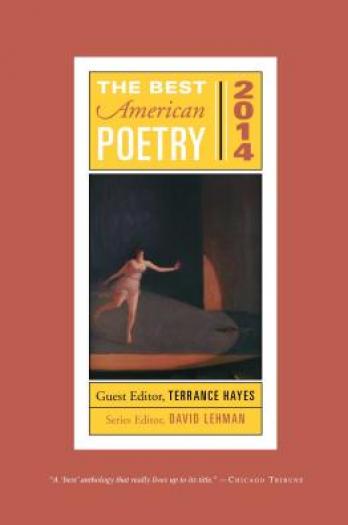
The tradition for the Best American Poetry book release is everyone who is performing swaps books and signatures with the other poets. This involved a chaotic celebratory but really strange process of approaching the other poets for their autographs “Mr. Komunyakaa would you sign my book?.” You have to realize this is occurring in the sweat-hot elbow-room-tight green room with people drinking tequila and trying also to sign paperwork to get paid. But it was an amazing ice breaker and enabled many of us, who did not know each other to introduce ourselves.
After a half hour, we started to file out of The Green Room that led directly onto the stage. I followed out Valzhyna Mort and the phenomenal Natalia Diaz, and slightly blinded by the white lights, I looked out on an over 400 capacity audience. I was surprisingly cooled out. We all took our seats on the stage and the reading began.
I didn’t want to go, I told my friends. Why? Because I’m shy. Because I might punch someone. Because everyone will be stuck up and mean. Because it is like going to read for the man. Because I was honestly more terrified than honored.
None of those things happened. Most of the other poets were quite nice, at least cordial. Since I actually am very shy I mostly stayed near the people I knew but some people who stood out for me: Kevin Young gave me a hug when I met him. Lucie Brock Broido has a sly wildness about her. She was kind and spoke with me about my poem afterwards. Particularly impressive was Cate Marvin who was really friendly and showed me pictures and just had such a easy cool to her. I had never met her before. She also seemed slightly and obviously irritated by being in the hot little green room but not made mean at all by it and this made me like her even more. Plus her poems are just razored jewels. She was easily the most bad ass of all of us (even though I did have on a Steel City billiards shirt and gold bling), punked and poised in a way that stood out as a contrast of so many well suited poets from the academy. Later she would lisp sneer her opening lines from her amazing “Etiquette for Eyes”:
I ought never wish to lie in your bed. I have black eyes,
did I tell you? But your eyes are damp blue, fingers in
winter blue, worrying about a prom date blue, never
washed a dish blue. Have I mentioned my eyes are
dead brown, dirt brown, stone brown, done with you
brown…..
Many of the readers acknowledged surprise at the poem of theirs that was chosen by Terrance Hayes. Maybe as a form of self-deprecation. Maybe as honest surprise. More than one poet I heard apologized for his or her poem to another poet. I don’t know why he chose that one, or I forgot about that poem. Or I had just taken it out of my manuscript. He saved it! How many of us truly know which are our best poems, or even think of our poems in such a way. I know the older I have gotten I rarely think of my poems as better, or best. What is a Best poem? But then what is a bad one? The second seems easier to answer. And so we hesitate to congratulate ourselves even at our grandest moment, or like these lines Cornelius Eady read in his small lyric “Overturned:”
Maybe the wrong story,
Palm trees where there should
Be pine. And now you doubt
Everything. Don’t you hate
Doubting everything……
Recommended
Mercy
Eclipsing
Psychic Numbing



